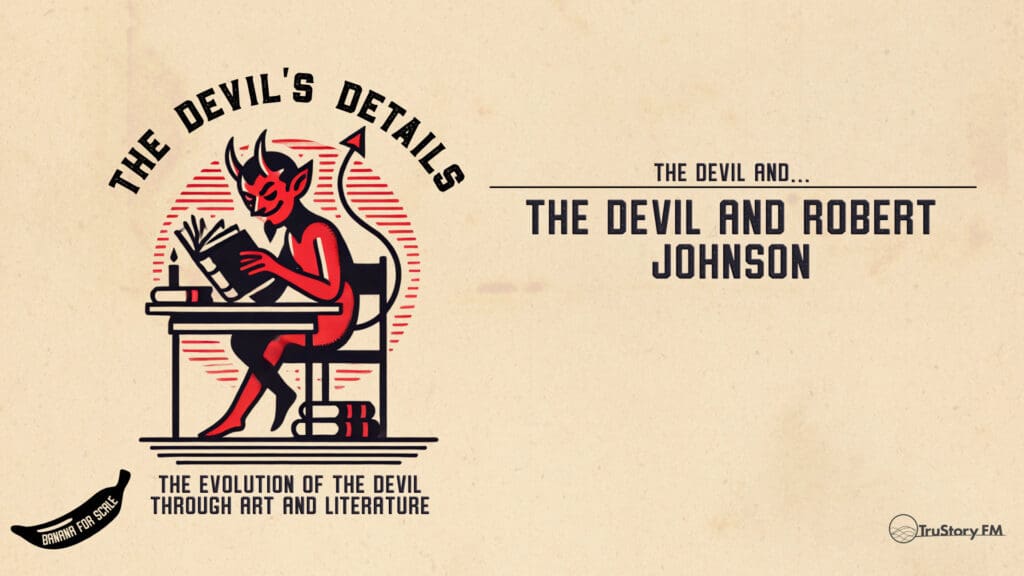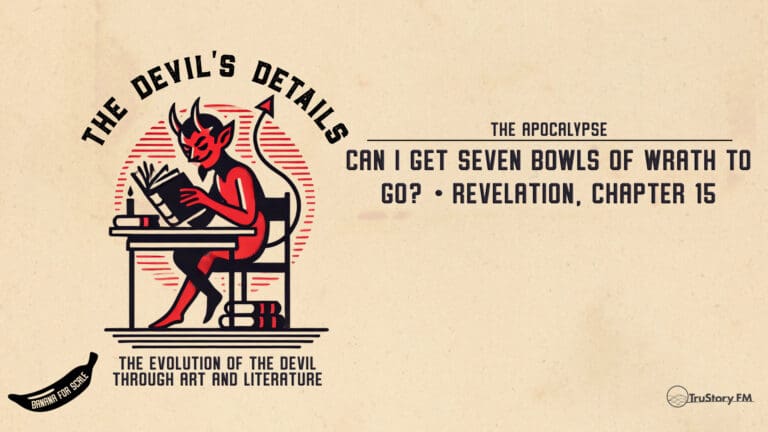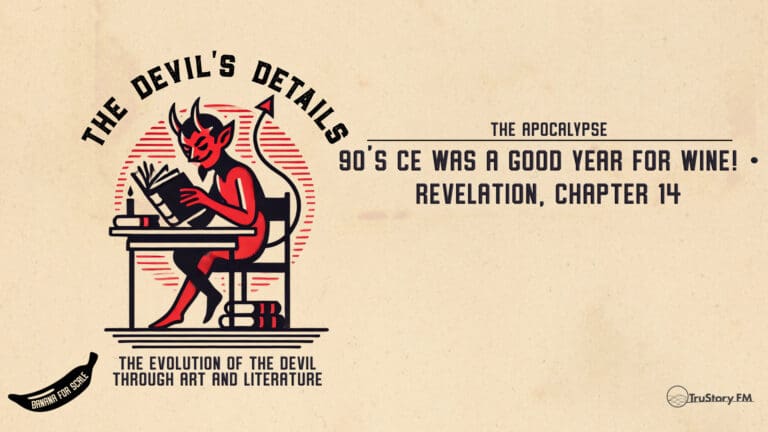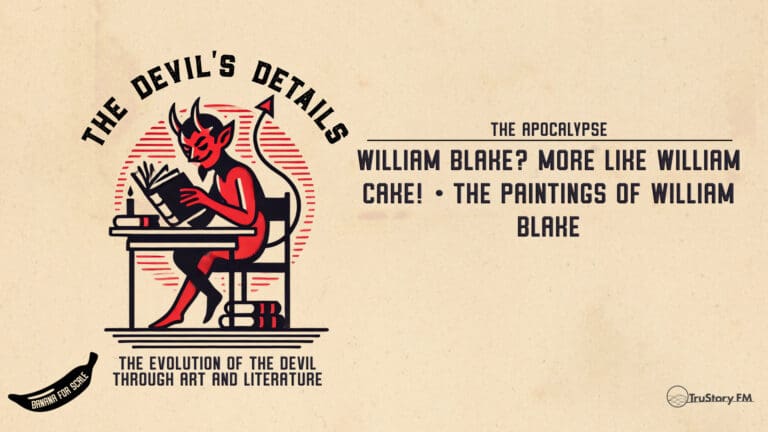Get ready to head down to the crossroads for one of the most legendary “deal with the devil” stories in American folklore. This week we’re exploring the myth of Robert Johnson—the Mississippi Delta blues guitarist who allegedly sold his soul for supernatural musical talent at the intersection of highways 49 and 61.
Born around 1911, Robert Johnson was reportedly such a terrible guitarist that fellow musicians wouldn’t let him touch their instruments. But after mysteriously disappearing for three years, he returned with skills so extraordinary that witnesses swore it sounded like three people playing at once. In his tragically short life, Johnson recorded only 29 songs before dying under mysterious circumstances at age 27, making him the founding member of the infamous “27 Club.”
But there’s so much more to this story than supernatural guitar lessons. We’ll dig into how this tale became the quintessential American devil legend, explore the racist origins of calling blues “the devil’s music,” and examine the darker historical context behind songs like “Crossroad Blues” and “Hellhound on My Trail”—which may reference sundown towns and the ongoing terror faced by Black Americans in the Jim Crow South.
From Haitian Vodou and Papa Legba to the birth of American blues culture, we’ll trace how crossroads became synonymous with devilish dealings and why Robert Johnson’s story continues to influence musicians like Eric Clapton, Keith Richards, and Led Zeppelin.











